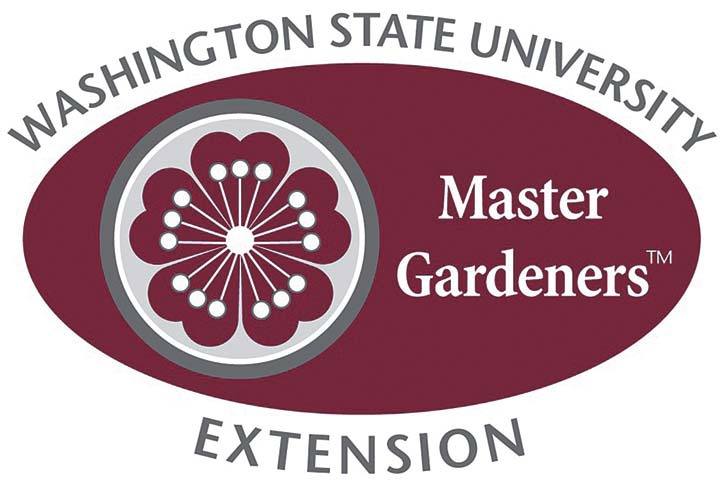By Jody Burns
I’ve been eavesdropping on a lot of conversations lately in which property rights and property values are mentioned. It’s got me thinking about my own favorite piece of property, the garden. My garden is an oasis of sorts.
It’s where I often find clarity about those nagging existential questions of life or come to some conclusions, about the political, ethical, and economic challenges facing us these days. It is with my hands in the dirt that I feel most connected to the world and the ancient continuum of life beginning, growing, dying and beginning again. When my mother died, it was the flowers from the garden that graced her casket. When my children went off to college, it was the work of growing vegetables that eased the empty times of their absence. So in many ways, it is a very private space.
Yet, it is not just mine. It is connected to the commons we all own: the water, the air, the open spaces, the parks and the forests. It is connected to the life that lives in the commons as well: those deer I write about, the eagles we all love to watch in flight, the fish we enjoy catching and eating, and the wild flowers we see on Young Hill in the summer.
My garden contributes to a drainage pattern, which flows into the sea just below my neighbor’s property. The commons is an ancient concept that denotes what a people own and share in together for the common good: a common good that would not be possible by individuals acting alone. It is precisely because it is connected to the commons that my garden is not just mine.
My garden contributes to a drainage pattern that flows into the sea just below my neighbor’s property. Every year little red and black ants find a corner of the garden to set up house. Every year I have to weigh my dislike of the crawling armies against my responsibility to the commons I share with you. Most ant killers are highly toxic to fish and if I use it, some of it will end up in the sea in which those fish you like to catch and eat live.
So, I say to myself as I weeding the broccoli, “Let’s be clear. Just how annoying are those ants? “ In late August when the water collection system is running dry, I have to ask how important is to keep watering the vegetables, against the importance of not taking more than my share of the community water system? The garden reminds me again and again that the decisions I make each day impact the commons and my neighbors.
It reminds me that it is not just when a neighbor needs help funding emergency medical care, or when the schools come up short in the budget, or when a student is trying to earn their way on a school trip, that we are all in it together. Every day, we are in it together and every day each of us can either choose to preserve the commons or to destroy it.
Lyndon Johnson once said, “Don’t spit in the soup. We all have to eat it.” He was right. Unfortunately, not everyone refrains from spitting in the soup. Thus, our forefathers formed a government to preserve the common good. To preserve it in the face of those of us who can’t refrain from spitting in the soup.
Jody Burns is a Master Gardener for the WSU Master Gardener program.



